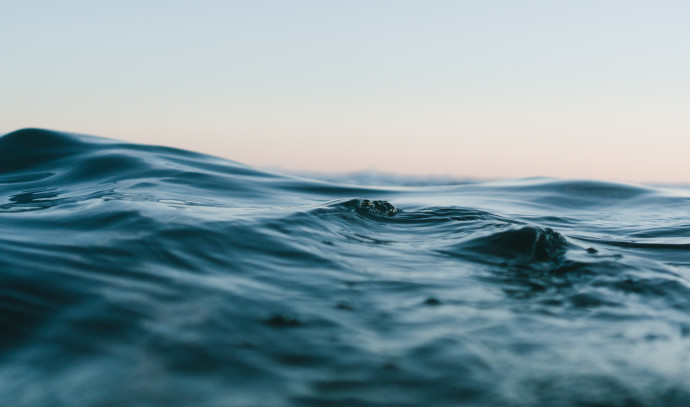Nine children and teens have died in drowning accidents since the beginning of 2023 – 109 during the last five years. This is a 21% increase in children’s drowning cases compared to the previous five years (2013 to 2017), according to the voluntary organization Beterem, Safe Kids-Israel.
Led by the World Health Organization (WHO), World Drowning Prevention Day was marked on Tuesday, July 25th as a global initiative highlighting the tragic impact of drowning.
Beterem’s slogan is “Don’t say it won’t happen to our family; the next disaster can be prevented.”
Thirty percent of drowning cases in recent years were in home pools, where the highest rise (a 60% increase) in the number of drownings has been recorded. Beterem data also show that while children under the age of four often drown in and around the home, teens aged 15 to 17 make up the majority of those who drown on beaches and in other natural water sources
Beterem CEO Orly Silbinger said: “Unfortunately, drownings on beaches and in pools have become a real epidemic. In the last five years, we have seen a particularly worrying increase in children drowning in home pools, which have become available to everyone, and many parents see them as a cheap and fun solution for the hot summer days without them being aware of the dangers.”
Children under the age of five can drown even in water a few centimeters deep. Drowning happens quickly and silently, and a young child who is drowning cannot warn that he is in danger or shout for help. Two minutes underwater are enough to lose consciousness, and after four to six minutes, irreversible damage has already set in.
Silbinger added that young children must not be left unattended in a water environment, even for a single moment – even looking at a smartphone. “When there is more than one adult, set down rules which adult is responsible for watching over the children within touching distance and without distraction. It is in our hands to prevent the next disaster.
Other water safety rules
Enter the sea only when there are active rescue services on the beach, and obey the lifeguard’s instructions. Floats are recommended for use but are not a substitute for supervision. Inflated “sea wheels” are dangerous to use.
A small pool must be emptied immediately after use. If you have a home pool that can’t be emptied, it must be placed in a locked enclosure to prevent children from entering without supervision. If there is a ladder, move it away from the pool immediately after use.
If you have young children, pools at the bed-and-breakfast facilities should be booked only after making sure that the pool is fenced and has a gate with an automatic lock. Swimming lessons save lives and are recommended from the age of four, depending on the child’s abilities.
Older children can be allowed to swim independently gradually, only after they have demonstrated control in the water – entering the water alone, swimming independently at least 25 meters, diving, rolling in the water, and exiting the water alone.
Speak to teenage children about the limits of behavior in a water environment, social pressure, and responsible decision-making. It’s important to stress that the use of prohibited substances such as drugs and alcohol is especially dangerous when in or near water



